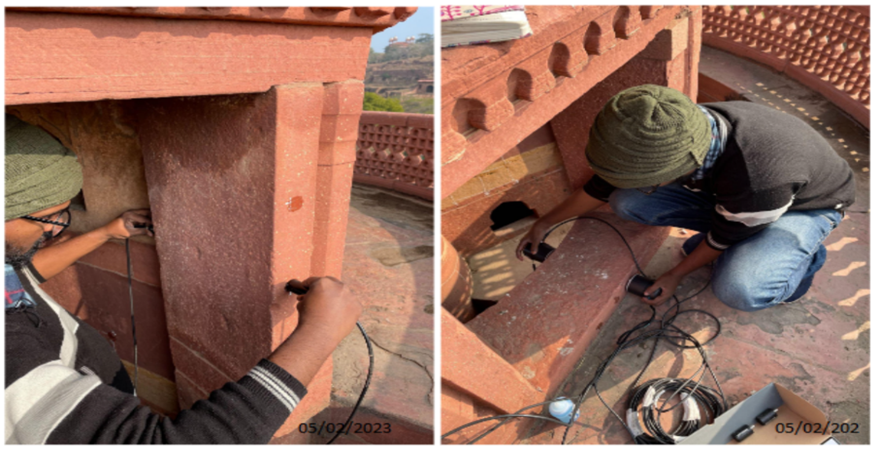- +91-11-4044-5999
- info@cdri.world
-
Copernicus Marg, New Delhi, INDIA
 in floating community space (fls) in the peruvian amazon.jpg)
Water Collection, Storage and Treatment System in Floating Community Space in the Peruvian Amazon
Belen Desmaison and Kleber Espinoza
Pontificia Universidad Católica del Perú Peru
Abstract: Over 40 percent of the inhabitants of the Amazonian region of Peru do not have access to clean water. In a region with one of the largest sources of fresh water in the world, the population does not have constant access to quality drinking water. The research team works in Iquitos, the capital of Loreto, which is the largest region in Peru. Loreto covers more than 30 percent of the country and records the highest levels of annual precipitation.
The proposal seeks to provide technological alternatives for access to water that do not depend on a conventional network and are designed for easy installation and maintenance. The proposal also integrates water treatment to reduce pollution after usage. The team works closely with the residents in co-production processes, not only in the design and construction of the infrastructure but also in the creation of a management committee for the use of space. The aim is to generate alternative forms of governance for the city and promote more active participation by its inhabitants.
The team previously worked on a system in which the rain is captured by the roof and solar panels are used to provide energy for pumping water. Once used, it goes through a phytodepuration system and a grease trap for cleaning. The water is stored in pipes that can be modulated and adapted to different needs. For the current research project, the team focused on amphibious settlements that are either floating or on stilts and inhabited by 20 percent of the population of Loreto to explore the development of infrastructures that deliver water, sanitation and collective spaces in this context.
The replicability of the proposal occurs in two dimensions: the first is the technique since the built system is modular and flexible, so it can be adapted to different situations, spaces and capacities. On the other hand, there is the experience of co-production itself, which integrates technical aspects together with social and cultural ones, generating relevant solutions that reinforce and improve relationships between citizens, local government and academia.
The project presents the methodology itself as a fundamental aspect to be integrated in the planning and management of the cities of the future.
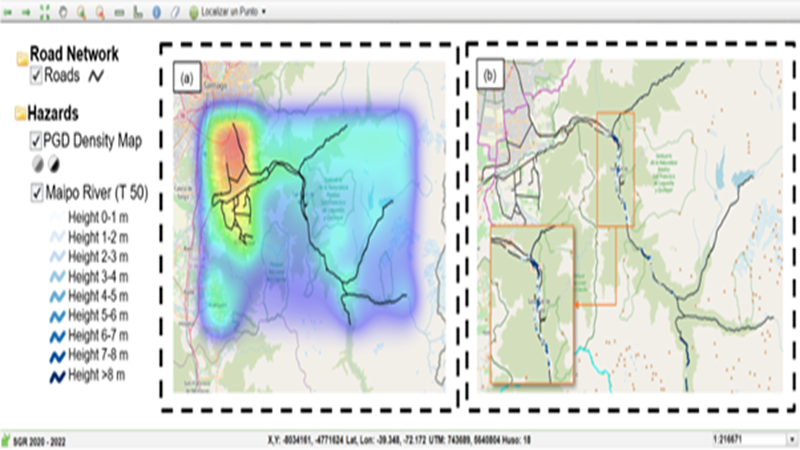
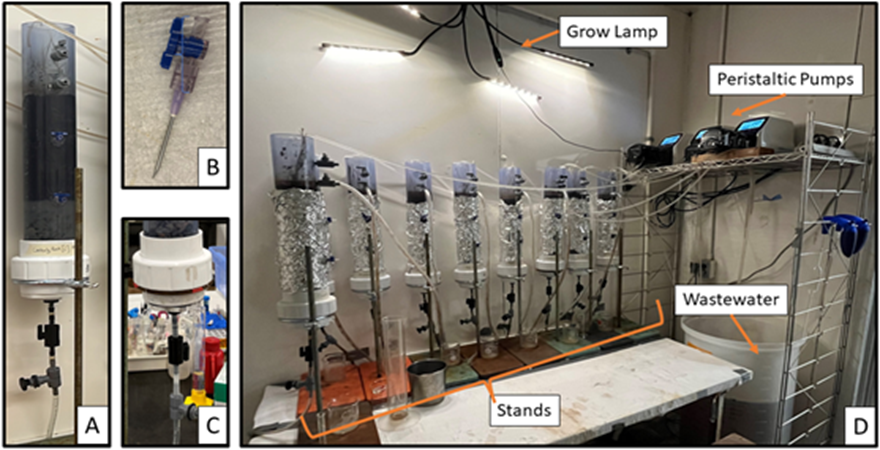
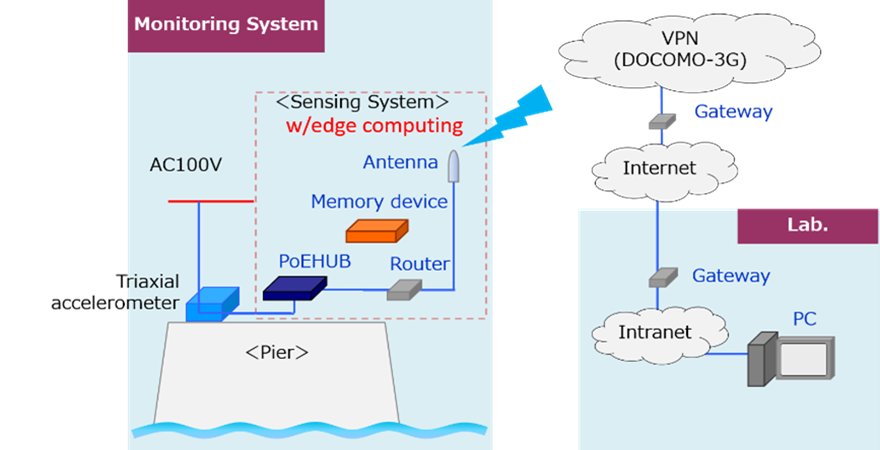
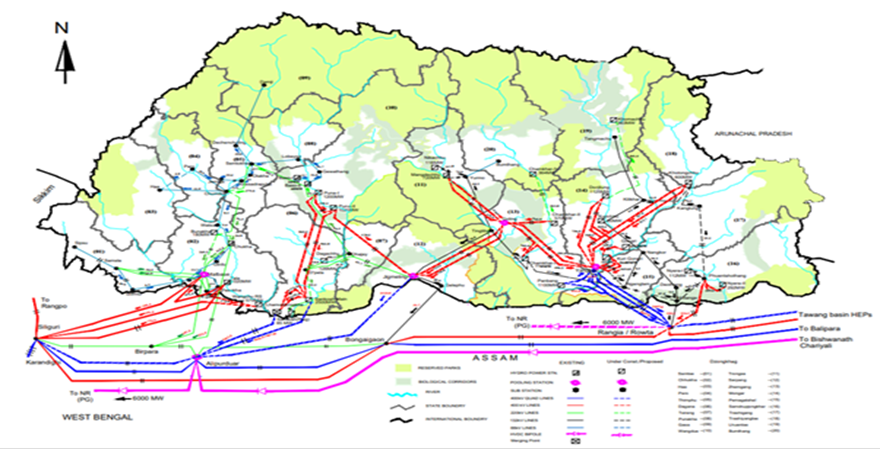
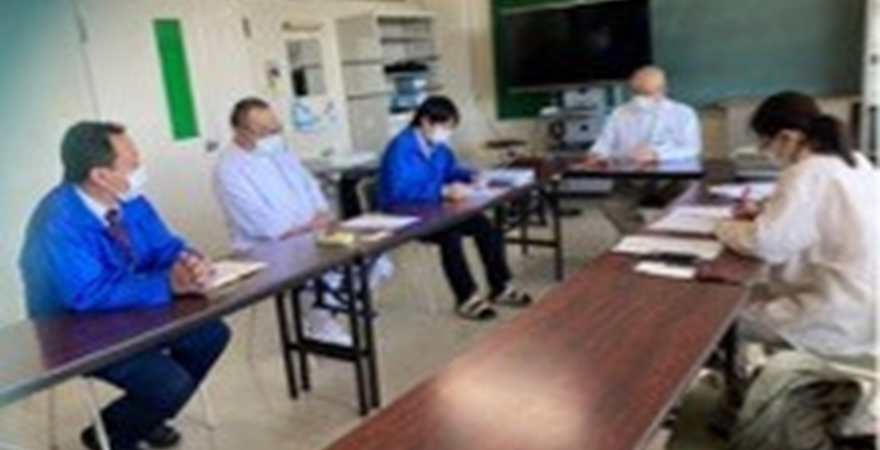
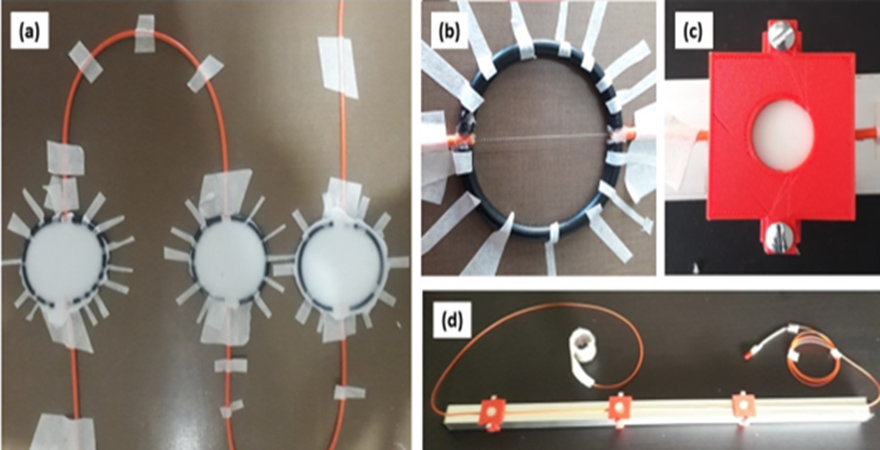
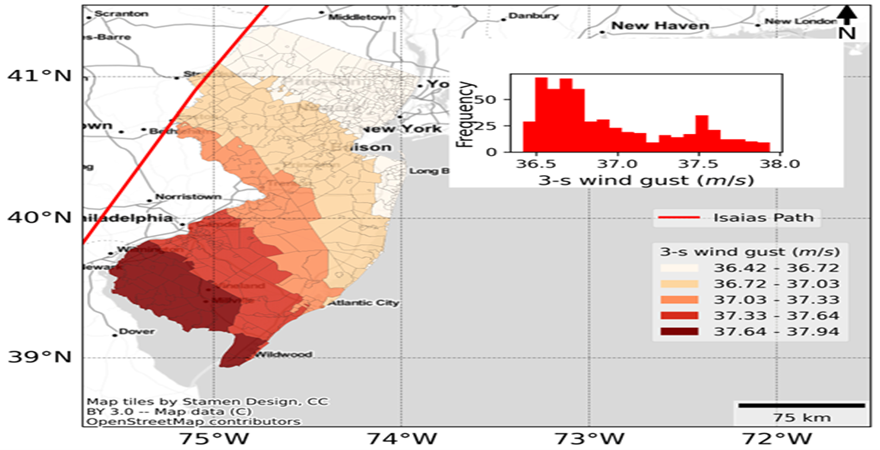
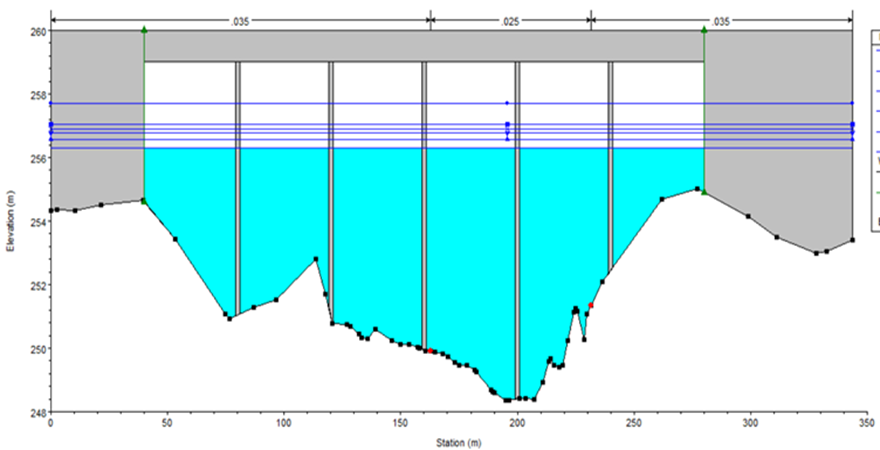
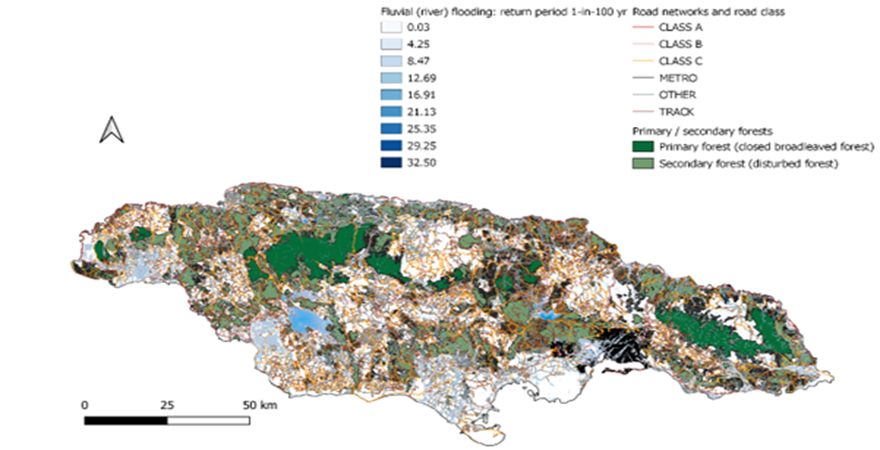
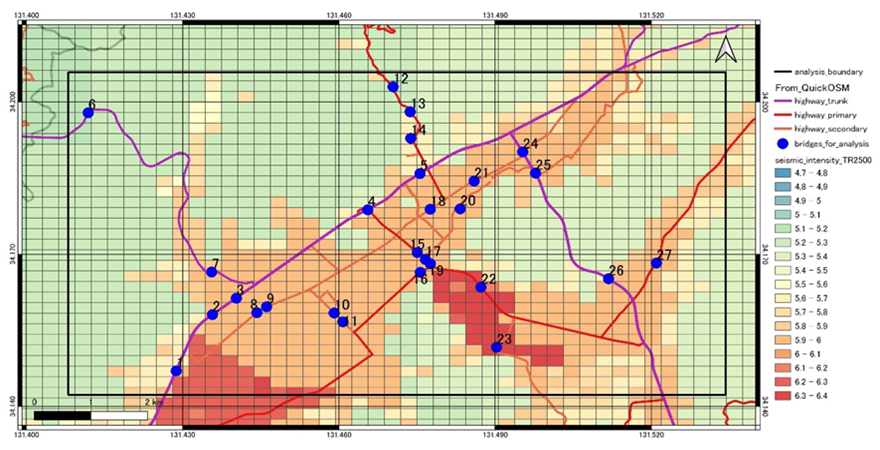
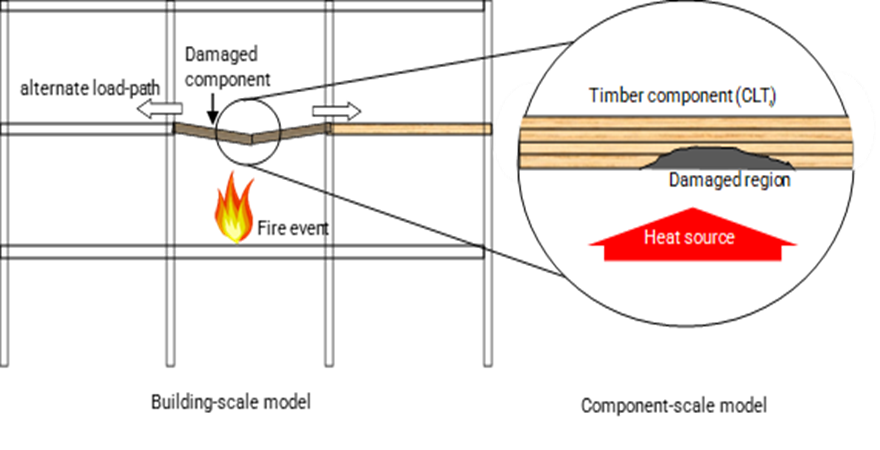
 for infrastructures based on disaster.png)
